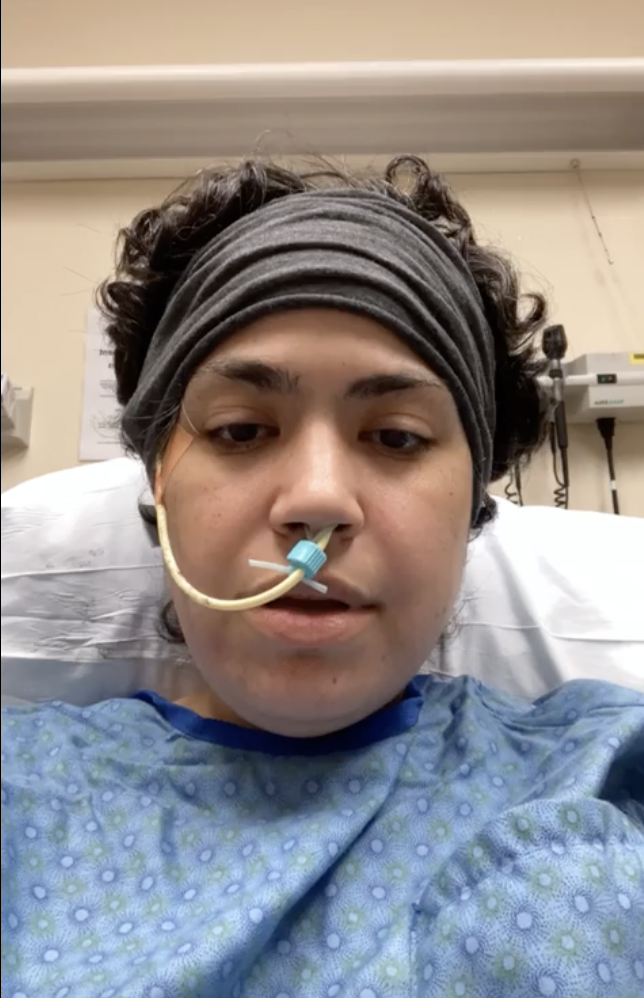LANSING, MI – Help might be finally on the way for thousands of Detroit and other urban residents stuck with exorbitant insurance rates because of where they live.
Governor Jennifer M. Granholm, the Michigan Legislative Black Caucus, Office of Financial and Insurance Services (OFIS) Commissioner Linda A. Watters, and Office of Community and Faith-Based Initiatives Director Greg Roberts last week announced a new initiative to make home and auto insurance more affordable for good drivers living in urban areas.
Granholm said her Administration will help community groups and faith-based organizations create purchasing groups that can negotiate directly with insurance companies for lower rates to garner significant savings for consumers in urban areas who voluntarily participate.
“Ensuring that citizens have access to affordable insurance no matter where they live is a critical step in making sure they can afford to live in our cities,” said Granholm. “We are asking insurance companies to look first at driving records – not street addresses – when they offer customer’s rates.”
Through the initiative, community groups, churches and neighborhood organizations will team up to create groups of potential customers who have good insurance claims history. The lower risk presented by purchasing group members should result in lower insurance rates than would otherwise be possible.
OFIS has sent out a Request for Information (RFI) to insurance companies designed to identify innovative ways that companies could offer insurance by grouping lower-risk individuals together.
“By bringing together insurance companies with lower-risk insurance policyholders, everyone wins,” said Watters. “The insurance companies get access to large groups of responsible drivers and homeowners who file fewer claims, and the consumers get lower rates that rely more on their behavior rather than on where they live.”
Robert A. Davis, director of the Gov. Granholm’s Southeast Michigan Office, said she has worked closely with the Legislative Black Caucus to bring down skyrocketing insurance rates in our cities. This proposal is in line with their efforts to make insurance more affordable.
“The Governor has not stopped insisting that insurance relief for Detroiters and other urban areas be the Southeast office main focus and priority,” he said. “We are now ready to respond to her request.”
The Governor*s Office of Community and Faith-Based Initiatives, which is headquartered in her Southeast Michigan Office, will work with local clergy, neighborhood associations, and other groups to find people who fit the qualifications and form the purchasing groups. The Governor applauded the work of local clergy and elected officials who have worked closely with her office to find creative solutions to the cost of insurance.
“This is the first time the state has made a concerted effort to reduce the costs of insurance in our urban areas,” said Granholm. “Ensuring that people can afford to live in our cities is a critical part of growing our cities and growing our economy. I’m grateful for the hard work and commitment of the Detroit legislative delegation in making this happen.”
Through this initiative, purchasing groups would set high standards for people who belong to the member organizations. Those standards could include: a better- than-average driving record, car garaged at night, and home inspection standards.
“Unaffordable insurance rates are driving people out of our cities, regardless of whether they have filed claims,” Watters said. “When someone has to pay thousands of dollars more just because they live in Detroit or Flint, something is wrong. Purchasing groups will encourage people to be responsible in their driving and home protection by rewarding them with lower rates.”
Greg Robert’s, the Governor’s director for her Office of Community and Faith-Based Initiatives agreed. He pointed out that current Michigan law allows insurers to write auto and home insurance for specific groups of policyholders at rates that are lower than what they charge to individual policyholders.
All group rates are generally lower because it is less expensive to market insurance to one entire group of people than it is to seek out each of those people individually. Rates can also be significantly lower for groups with better than average loss experience, in other words, groups who are expected to file fewer and/or less expensive claims.
“If the insurance companies cooperate with the Governor, it will provide for Detroiters and urban residents through out our state the long sought after relief from burdensome insurance rates,” Roberts said.
For more information, interested parties should go to the Office of Community and Faith-Based Initiatives website at http://www.michigan.gov/outreach.



